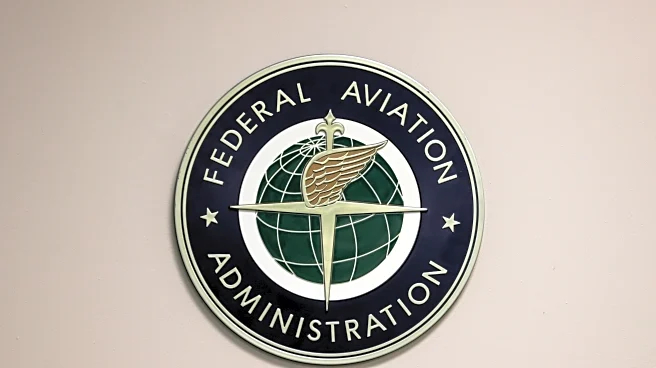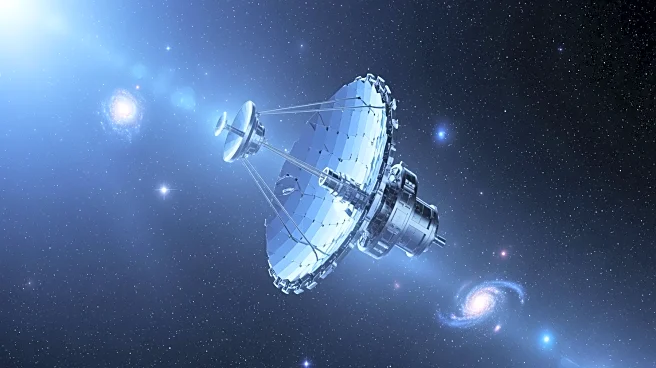What's Happening?
NASA celebrated the fifth anniversary of the Artemis Accords, marking the inclusion of Hungary, Malaysia, and the Philippines into the coalition dedicated to peaceful space exploration. The Accords, initially
signed by eight nations, now include 59 countries committed to responsible exploration. Acting NASA Administrator Sean Duffy emphasized the importance of these new signatories in strengthening global commitment to safe and transparent space activities. The signings by Malaysia and the Philippines coincided with President Trump's visit to Kuala Lumpur for the ASEAN Summit, while Hungary's Foreign Minister signed during an official visit to Washington. The Accords aim to foster cooperation in lunar activities and beyond, with recent meetings focusing on non-interference, orbital debris mitigation, and interoperability of systems.
Why It's Important?
The expansion of the Artemis Accords signifies a growing international commitment to collaborative space exploration, which is crucial as more countries and private entities express interest in lunar and deep space activities. This cooperation helps ensure that space exploration remains peaceful and transparent, preventing the weaponization of space. The Accords also facilitate the sharing of scientific data and promote sustainable exploration practices, which are essential for advancing human presence on the Moon, Mars, and beyond. The inclusion of new nations reflects a broader global consensus on the importance of space as a shared domain, potentially leading to more joint missions and technological advancements.
What's Next?
NASA plans to host an Artemis Accords workshop in 2026 to further promote transparency and data sharing among signatories. The agency continues to encourage more nations to join the Accords, aiming to expand the coalition and strengthen international cooperation in space exploration. Future meetings and workshops will focus on refining the principles of the Accords and addressing emerging challenges in space activities. As more countries sign the Accords, the potential for collaborative missions and shared technological developments increases, paving the way for a new era of global space exploration.











